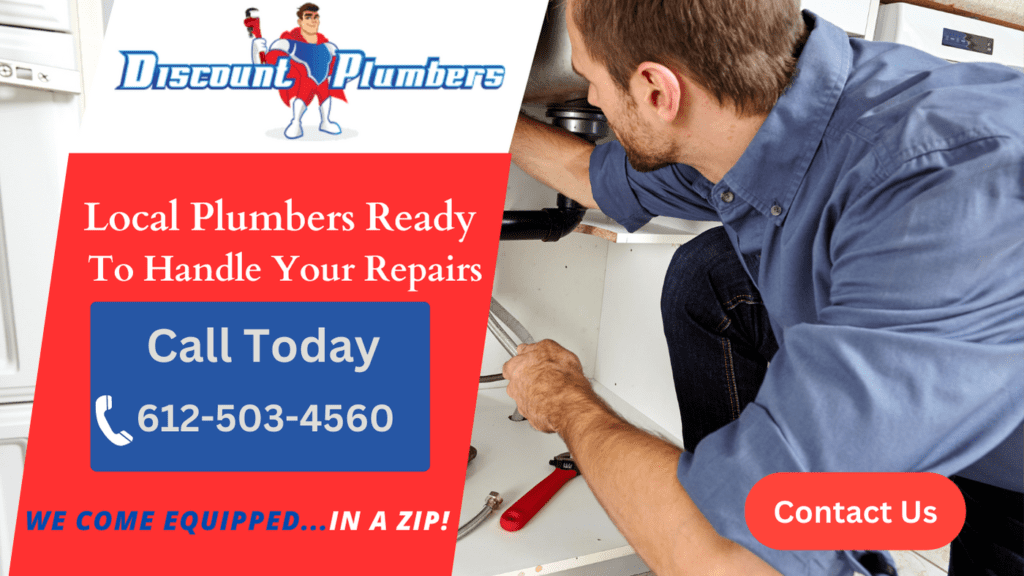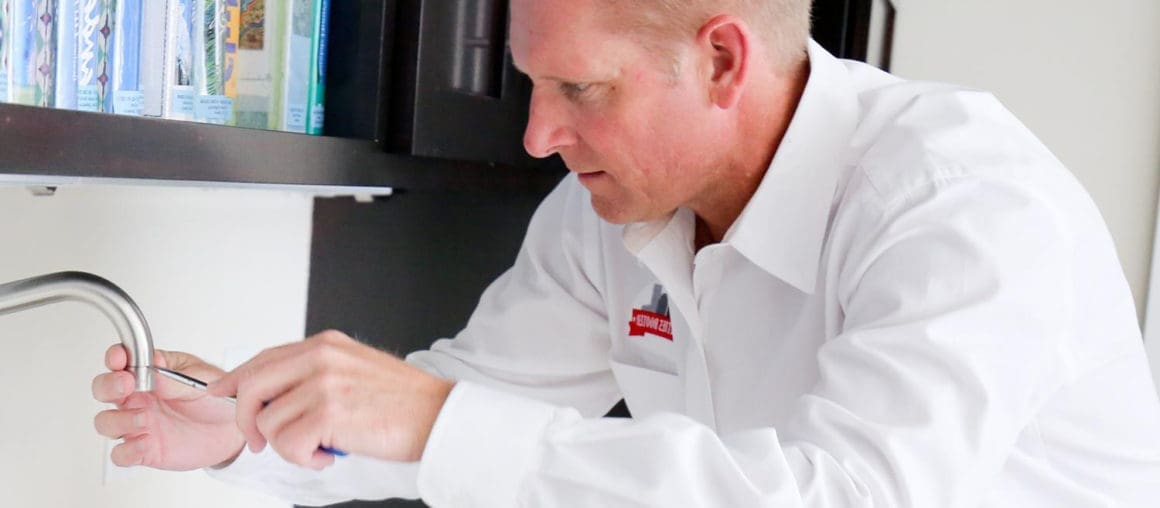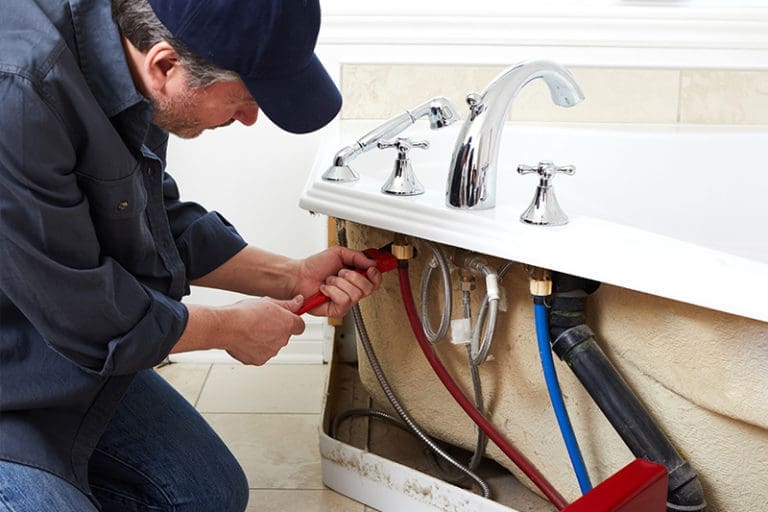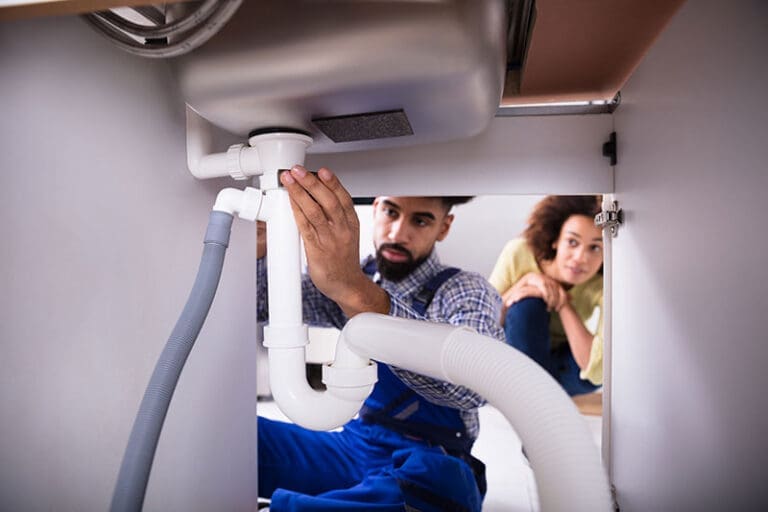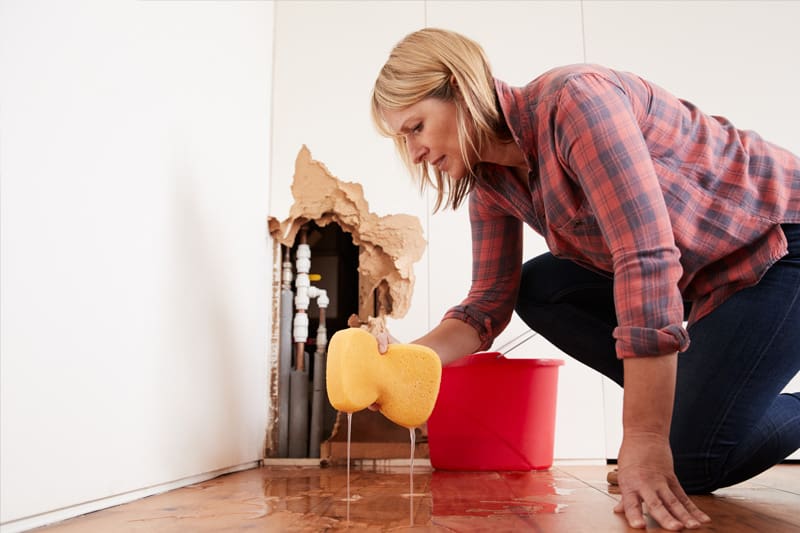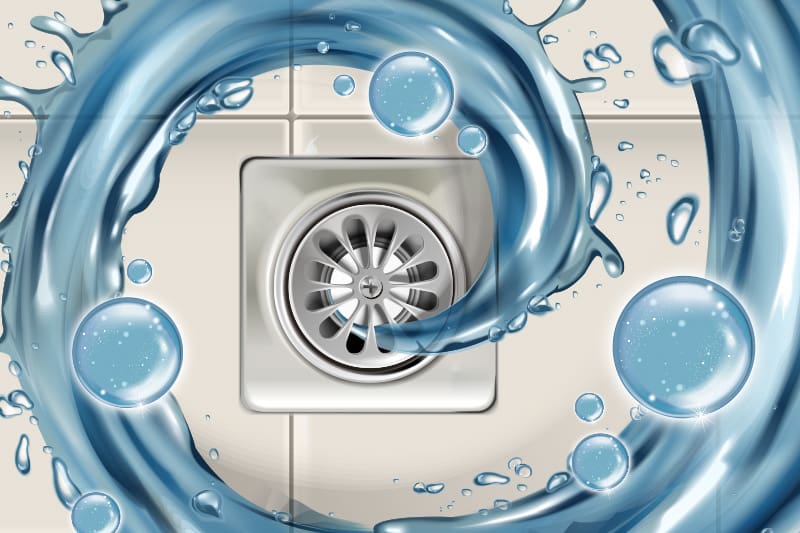Identifying Plumbing Emergencies
A Guide for Homeowners
Today, we will be discussing a topic that many homeowners dread: plumbing emergencies. No one wants to wake up to a flooded bathroom or a burst pipe, but unfortunately, these situations can occur unexpectedly.
Knowing what constitutes a plumbing emergency and how to handle it can save you from a major headache and potentially costly repairs.
So, whether you’re a seasoned homeowner or a first-time buyer, join us as we delve into the world of plumbing emergencies and learn how to be prepared for the unexpected.
A plumbing emergency refers to a situation in which immediate action is required to prevent significant damage to property or mitigate potential health and safety hazards due to plumbing issues. While some plumbing problems can be resolved with routine maintenance or regular repairs, emergencies demand immediate attention from a professional plumber.
Here are some examples of plumbing emergencies and what causes them.
Burst Pipes
Burst pipes refer to water pipes that have cracked or ruptured, leading to a sudden release of water. This can be a significant plumbing issue and can cause considerable damage to the property if not addressed promptly. Burst pipes can occur in both residential and commercial buildings and are usually the result of various factors, including:
- Freezing temperatures: One common cause of burst pipes is freezing weather. When water inside the pipes freezes, it expands and puts pressure on the pipe walls. If the pressure becomes too much for the pipe to handle, it may burst.
- Corrosion: Over time, pipes can corrode due to the chemical reactions between the water and the pipe material. Corrosion weakens the pipe walls, making them more susceptible to bursting.
- Age and wear: As pipes age, they may become weaker, increasing the likelihood of bursting. Wear and tear from daily use can also contribute to this problem.
- High water pressure: Excessively high water pressure can strain the pipes, leading to bursts.
- Blockages: Blockages in the pipes can cause pressure buildup, leading to a pipe burst.
When a pipe bursts, it can release a large amount of water, causing flooding, property damage, and potential disruption to daily activities. The water damage can affect walls, floors, ceilings, furniture, electrical systems, and other belongings.
If you suspect or experience a burst pipe, it’s essential to act quickly to minimize the damage. Shut off the main water supply to the property and contact a licensed plumber to assess and repair the issue.
In some cases, you might also need to deal with water cleanup and restoration to prevent further damage and mold growth. Regular plumbing maintenance and monitoring can help identify potential issues early and prevent burst pipes.
Clogged Drains and Toilets
Clogged drains and toilets are plumbing issues that occur when there is a blockage in the pipes that prevent water and waste from flowing freely. These blockages can happen for various reasons and can lead to slow draining or complete blockage, causing inconvenience and potential water damage if not addressed promptly.
- Clogged Drains: Clogged drains occur when substances accumulate and obstruct the flow of water through the pipes. Common causes of clogged drains include:
- Accumulation of hair, soap scum, and debris in bathroom drains.
- Grease, oil, and food particles in kitchen drains.
- Foreign objects accidentally flushed down the drain, such as toys or jewelry.
When a drain is clogged, water may take a long time to drain or may not drain at all. In some cases, the clog can be relatively easy to clear using a plunger or a drain snake, but more stubborn blockages might require professional plumbing services.
- Clogged Toilets: A clogged toilet is a common household issue that occurs when something obstructs the passage of waste and water from the bowl to the sewer line. Common causes of clogged toilets include:
- Excessive toilet paper usage.
- Flushing items that shouldn’t be flushed, like baby wipes, cotton balls, or sanitary products.
- Accumulation of mineral deposits or hard water build-up over time.
When a toilet is clogged, flushing might not work correctly, and water may start to rise in the bowl or even overflow onto the bathroom floor. In such situations, using a plunger is usually the first line of defense to dislodge the clog. If the plunger doesn’t work, or if there’s a persistent issue, a plumber may need to use more specialized tools to clear the blockage.
Preventing Clogged Drains and Toilets: Preventive measures can help minimize the occurrence of clogs:
- Use drain covers to catch hair and debris in bathroom drains.
- Avoid pouring grease and oil down the kitchen sink; instead, dispose of them in a container for proper disposal.
- Educate household members not to flush non-flushable items down the toilet.
- Regularly clean your drains with a mixture of baking soda and vinegar to help prevent build-up.
If you find that clogs are a recurrent issue, it’s essential to have a professional plumber inspect your plumbing system to identify any underlying problems and recommend appropriate solutions.
Malfunctioning Water Heater
A malfunctioning water heater refers to a water heating system that is not functioning properly or is experiencing problems that prevent it from heating water efficiently or safely. Water heaters are essential appliances in homes and businesses, used to heat water for various purposes such as bathing, cooking, and cleaning.
Some common signs of a malfunctioning water heater may include:
- Insufficient hot water: The water heater fails to produce enough hot water or runs out of hot water quickly, leaving you with cold or lukewarm water.
- Leaks: Visible water leaks around the water heater or on the floor nearby could indicate a problem with the tank or the connections.
- Strange noises: Unusual noises such as popping, cracking, or rumbling sounds may signal sediment buildup in the tank, which can reduce the heater’s efficiency.
- Discolored water: If the hot water appears rusty or discolored, it might indicate corrosion or sediment accumulation inside the tank.
- Unusual smells: Foul odors coming from the water heater may be due to bacterial growth inside the tank, causing an unpleasant smell in the hot water.
- Pilot light issues: For gas-powered water heaters, a malfunctioning pilot light or difficulty in keeping it lit can prevent the unit from heating water.
- Electrical problems: Electric water heaters may experience issues with their heating elements or thermostats, resulting in inadequate heating or no hot water at all.
- Fluctuating water temperature: If the water temperature varies dramatically during use, it could be a sign of a malfunctioning thermostat.
- High energy bills: A malfunctioning water heater may consume more energy or fuel to produce the same amount of hot water, leading to higher utility bills.
When encountering any of these signs, it’s essential to address the issue promptly to avoid further damage, potential safety hazards, or increased energy costs. In such cases, it’s advisable to contact a professional plumber or water heater technician to diagnose and repair the problem properly. Regular maintenance and inspections can help prevent many of these issues and extend the lifespan of your water heater.
Sewage Backups
A sewage backup refers to a situation in which wastewater or sewage flows back into a building, typically through the plumbing or drainage systems. This can occur for various reasons, such as clogs, blockages, pipe damage, heavy rain, or issues with the municipal sewage system.
When sewage backs up into your sinks, toilets, or drains, it can pose health risks due to the presence of harmful bacteria and pathogens. It requires prompt action to prevent further contamination and damage.
Some common causes of sewage backups include:
- Clogged or blocked pipes: Grease, food waste, paper products, and other debris can accumulate in pipes over time, leading to blockages that prevent wastewater from flowing properly.
- Tree roots: Tree roots can infiltrate and damage sewer lines, leading to obstructions and sewage backups.
- Municipal system issues: Heavy rain or flooding can overwhelm municipal sewer systems, causing sewage to back up into homes and businesses.
- Structural problems: Cracks, collapses, or other damage to sewer lines or plumbing can lead to sewage backups.
Dealing with a sewage backup requires immediate attention and professional assistance. It’s important to avoid contact with the contaminated water and seek the help of qualified plumbers or restoration experts who can safely clean up the affected area and repair any damage. Additionally, taking preventive measures such as regular maintenance of plumbing and drainage systems can help reduce the risk of sewage backups in the future.
In Conclusion
When faced with a plumbing emergency, it is vital to remain calm and take immediate action. This may involve shutting off the main water supply, evacuating the premises if necessary, and contacting a professional plumber or emergency services. It is crucial to have the contact information of a reliable emergency plumber readily available to ensure a quick response and resolution to the problem.
Additionally, it is essential to prioritize safety during a plumbing emergency. Gas leaks and electrical hazards pose significant risks and must be addressed by professionals in a safe and controlled manner. Under no circumstances should individuals attempt to fix these issues themselves, as it could lead to further damage or harm.
In conclusion, recognizing the signs of a plumbing emergency and knowing how to respond is crucial to mitigate damage, protect the well-being of individuals, and minimize inconvenience. By being prepared, having a reliable emergency plumber on call, and taking immediate action, homeowners and property managers can effectively manage and resolve plumbing emergencies.

